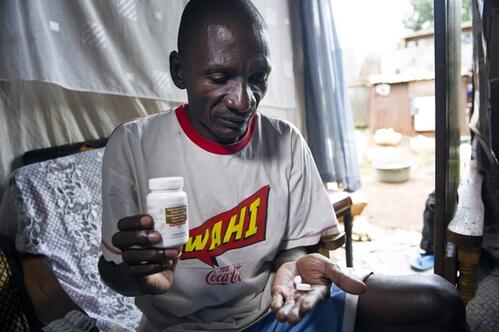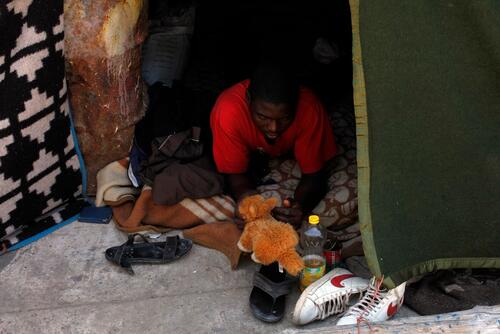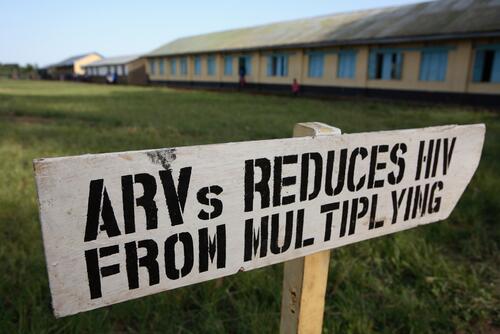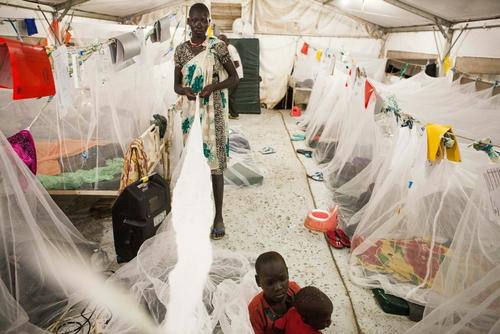During the 1990s, MSF teams made a bitter observation: we were failing to treat some of our patients suffering from infectious diseases, while in developed countries, remarkable progress was being made in the field of health. Two decades on, medicines in developing countries are still either too expensive, aren't suitable to be used in many of the contexts in which we work (for example, in hot, humid conditions or where there's a lack of electricity), or simply don't exist for the diseases we need to treat.
In 1999, we launched the Campaign for Access to Essential Medicines, now known as the Access Campaign. Its mission focuses on three areas: overcoming barriers to access to essential medicines, stimulating research and development for neglected diseases, promoting health exceptions to global trade agreements.
In 2003, MSF joined several research institutes, including the Institut Pasteur, to create the Drugs for Neglected Diseases initiative (DNDi), a non-profit research and development organisation engaged in research and development of new treatments for neglected diseases.

Untangling the Web of Antiretroviral Price Reductions, 14th Edition

From a rock to a hard place: The neglected victims of the conflict in Libya

GAVI money welcome but could it be more wisely spent?

MSF response to UNAIDS release of new number of people on treatment in developing countries

Suffering from chronic neglect in Kaabong, Uganda

UNICEF makes vaccine prices public in move likely to have major impact on developing country market

Fragile progress as several countries upgrade to better AIDS treatment

Revolutionary advance in severe malaria treatment: Using artesunate instead of quinine could save 200,000 lives annually








